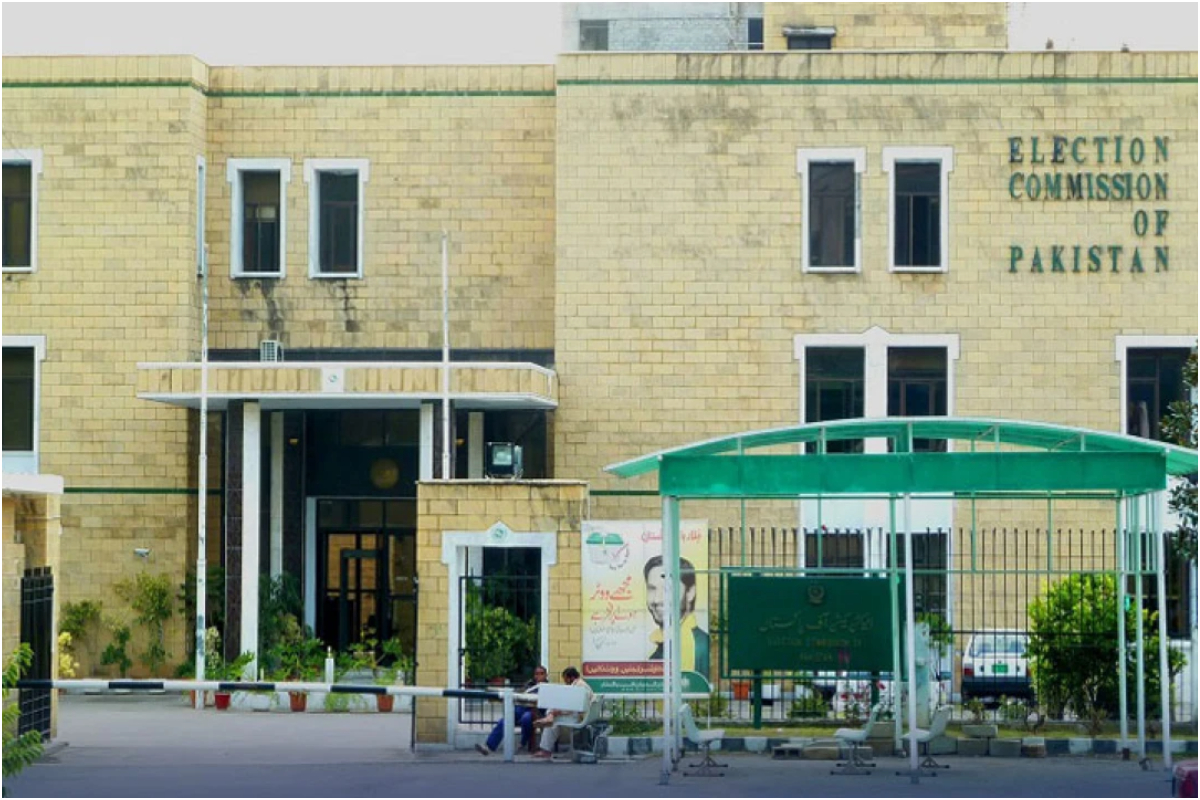ISLAMABAD: The Election Commission of Pakistan (ECP) announced on Thursday the notification of 39 MNAs as PTI legislators, following the Supreme Court’s ruling on the reserved seats case.
This decision was made during a session chaired by Chief Election Commissioner (CEC) Sikandar Sultan Raja.
Last week, the ECP resolved to enforce the Supreme Court’s decision.
In its previous meeting, the ECP noted that the 39 MNAs identified as PTI lawmakers had declared their party affiliation in their nomination papers.
The ECP spokesperson clarified that there was no misinterpretation of the Supreme Court’s verdict and that the intra-party elections were not validated. The commission determined that the PTI’s intra-party elections were not compliant with the law, thus candidates who submitted their nomination papers without a party ticket and declaration could not be recognized as PTI candidates.
Supreme Court Verdict A 13-member bench of the Supreme Court, led by Chief Justice Qazi Faez Isa, ruled that the PTI was entitled to the reserved seats, a significant blow to Prime Minister Shehbaz Sharif’s ruling coalition.
Justice Mansoor Ali Shah delivered the 8-5 majority verdict, overturning the Peshawar High Court’s (PHC) decision that had upheld the ECP’s denial of the reserved seats to the SIC.
Chief Justice Qazi Faez Isa, Justice Jamal Mandokhail, Justice Naeem Afghan, Justice Yahya Afridi, and Justice Ameenuddin Khan dissented from the majority decision.
Reserved Seats Issue The reserved seats issue arose after over 80 independent candidates supported by PTI won in the February 8 elections.
The SIC approached the ECP on February 21 for the allocation of reserved seats.
However, the PTI faced a setback when the ECP, citing the party’s failure to submit its list of candidates, denied the allocation of reserved seats to the SIC with a 4-1 majority verdict on March 4.
The ECP then distributed the reserved seats for women and minorities among other political parties.
The PTI-backed SIC sought court intervention after the ECP refused to allocate the reserved seats due to the party’s failure to submit its candidate list before the deadline. The PHC upheld the ECP’s decision, prompting the SIC to appeal to the Supreme Court.
In the Khyber Pakhtunkhwa Assembly, the ECP allocated one reserved seat each to Jamiat Ulema-i-Islam Pakistan, Pakistan Muslim League-Nawaz (PML-N), and Pakistan People’s Party (PPP).
In the Sindh Assembly, a reserved seat for women was allocated to Muttahida Qaumi Movement-Pakistan (MQM-P) and PPP, with PPP’s Samita Afzal and MQM-P’s Fouzia Hameed elected on reserved seats.
As a result, the PHC ruling allowed the ruling coalition, comprising PML-N, PPP, and other allies, to secure a two-thirds majority in the National Assembly. This decision increased PML-N’s seats to 123, PPP’s to 73, while the SIC held 82 seats.



















